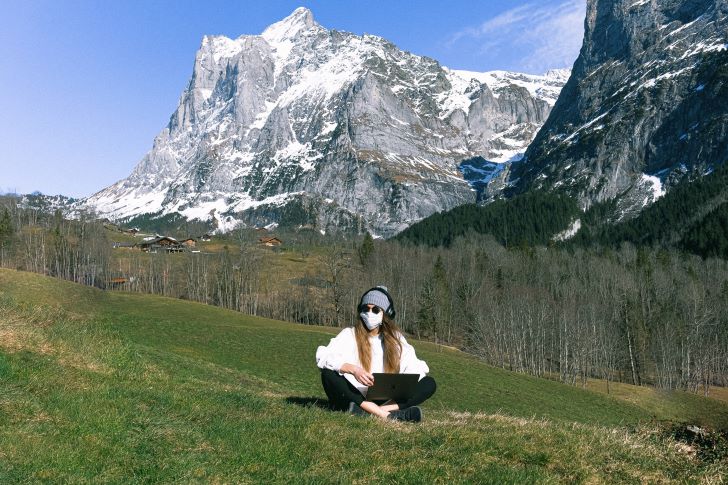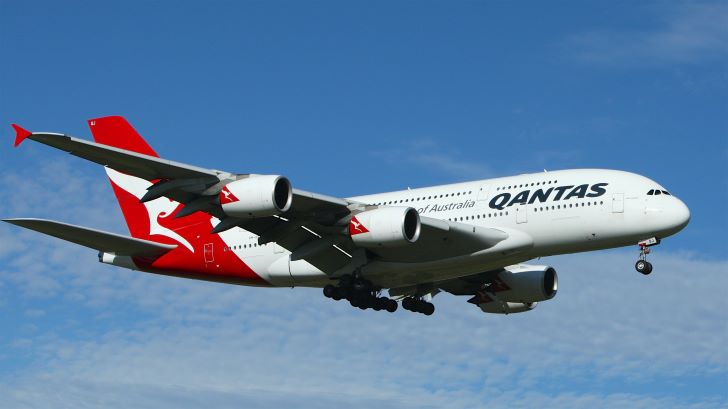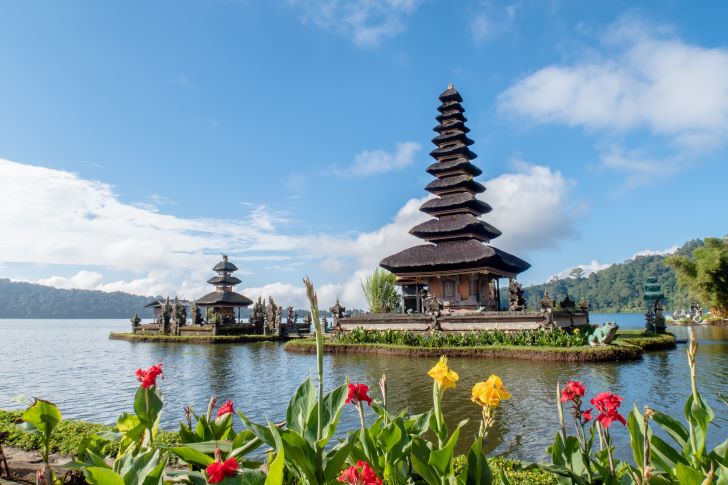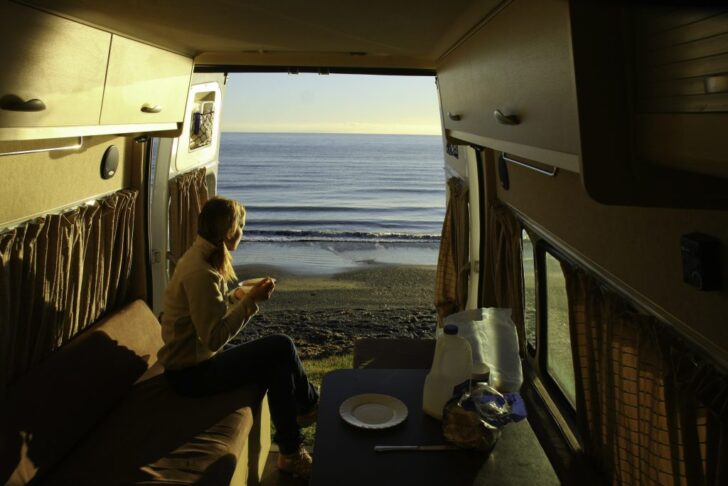As the COVID-19 pandemic unfurls, soaring global tourism industry numbers have fallen like a stone with determined patterns moving significantly from the anticipated 3-4% yearly development to a 20-30% decay for 2020 (UNWTO, 2020).
As indicated by its April 14, 2020 brief, the World Travel and Tourism Council (WTTC) gauges that 75 million jobs are in danger worldwide with an expected Travel and Tourism GDP loss of up to $2.1 trillion this year (WTTC, 2020).
As 166 nations limit travel into their public regions, worldwide travel has arrived at a close despite the travel industry’s objections.
Impact of lockdown
The smooth rise of the global travel industry has unexpectedly gotten exceptionally constricted. The present circumstance is profoundly perplexing: regular small-scale travels have been absent and so is the total ban on long-haul journeys. For example worldwide the travel industry may be to blame for the spreading of the infection all throughout the planet, thereby a lockdown was the answer.
In addition, social seclusion and isolation are now resulting in more demand for tourism actors. Analysts believe that once these lockdowns are over, there will be a surge in vacationers and tourists satiating their pent-up demand to travel worldwide. Hoteliers and tourist spots are anticipating this and adjusting accordingly.
Infection preventive measures
Even through the pandemic, some countries did allow limited travel especially nationally and in between cities. Those countries also did bring down covid cases. In light of waning covid cases, the worldwide tourism industry could jumpstart from hibernation and start receiving tourists once again. However certain changes will be a part and parcel of the industry from now on.
All tourists will probably have to get mandatory vaccinations. Of course, personal protective equipment like face masks, gloves and other dress codes will have to be abided by local government rules.
Even though the sector is jumpstarting, it does not mean the pandemic is over. All tourists will be expected to maintain social distancing and follow a thorough sanitary protocol wherever they visit.
Use of multiple travel itineraries, hopping from one vehicle to another, and visiting places at off-peak hours will probably not be the same. Itineraries will have to be approved by govts or local authorities depending on the number of places visited previously.
Tests and quarantines will also have to be followed at both ports of destinations and arrivals.
Conclusion
Through the idea of economy of essence, this assistance economy for the non-local people has been handled by the French regional advancement principle.
In this type of advancement, the economy of quality isn’t tied in with delivering esteem set up, as in conventional modern turn of events, but instead catching the excess from esteem made somewhere else through utilization by versatile subjects present set up, particularly vacationers, occasional inhabitants, and workers.
Further, they highlight the economy of nonattendance, looking at who these portable subjects are supplanting by utilizing Paris as an intriguing model, where the travel industry utilization scarcely replaces the inhabitants’ non-utilization while they are missing.
What do you think of this article, quite heavy isn’t it? If you really want to travel, just book your flights through this Android App or iOS App.





